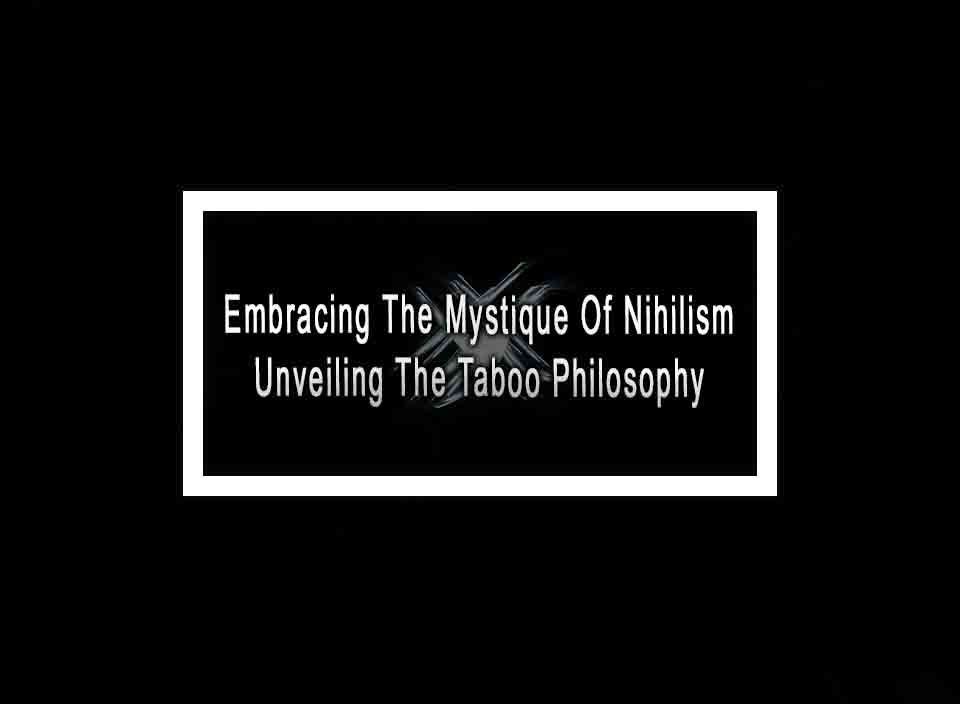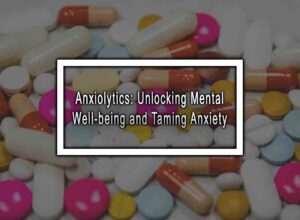Table of Contents
ToggleNihilism: Unmasking the Philosophy that Debunks Traditional Beliefs
Unraveling the enigmatic realm of Nihilism: a philosophical journey that challenges the very foundations of existence. Instilling a sense of intrigue and a touch of audacity, this article dives deep into the captivating abyss of Nihilism. Prepare to embark on an intellectual adventure that questions the meaning of life, the concept of morality, and the pursuit of absolute truth. Discover why this often-misunderstood philosophy continues to captivate the hearts and minds of many curious souls seeking to comprehend the intricate complexities of human existence.
The Essence of Nihilism: An Overview of a Radical Concept
Nihilism, derived from the Latin word “nihil” meaning “nothing,” is a philosophical stance that eschews the existence of inherent meaning, purpose, or values in life. It argues that traditional beliefs, such as religion, morality, and ethics, are mere human fabrications, lacking objective substance. At its core, Nihilism demands a critical reflection on the beliefs and structures society so heavily relies upon.
Nihilism and Existentialism: Two Sides of the Same Coin
While Nihilism may seem bleak and disheartening, it intertwines with existentialism in a profound way. Both philosophies challenge individuals to take full responsibility for their lives, urging them to construct their own personal meaning and purpose in a seemingly meaningless universe. Nihilism’s existentialist facet invites contemplation on the individual’s freedom, the concept of authenticity, and the courageous embrace of the unprecedented uncertainty of existence.
Consequences of Nihilistic Thought: Struggling with the Void
From a psychological perspective, embracing Nihilism can lead to a sense of existential dread and despair. Accepting the absence of objective meaning may evoke a profound sense of emptiness and a loss of purpose, leaving individuals adrift without the usual societal support. However, others argue that Nihilism allows for the ultimate freedom to shape one’s life according to individual desires, unfettered by societal norms and expectations.
Embracing Nihilism: Liberating or Dangerous?
The allure of Nihilism lies in its ability to challenge societal constructs and conventional wisdom, beckoning individuals toward an unbounded exploration of personal authenticity. While some may find solace and liberation in a formless existence, others argue that Nihilism can be misguided, leading to nihilistic behaviors devoid of empathy or compassion. Balancing the existential void with moral responsibility remains an essential aspect of navigating this philosophical labyrinth.
Conclusion
As the mystique surrounding Nihilism continues to intrigue and divide philosophical thinkers, it is essential to cultivate an informed understanding of this thought-provoking ideology. While Nihilism confronts us with the unsettling idea of a meaningless universe, its exploration enriches our intellectual landscape, inciting a deep and personal reflection upon life’s purpose and the constructs that shape our existence. Embrace the philosophical abyss, and dare to challenge the conventional notions that confine us. Only then can we truly embark on a profound journey of self-discovery and transcendence.
Nihilism FAQ
Here are the most common questions about the Nihilism.
1. Who were some famous nihilist philosophers?
Friedrich Nietzsche is often considered one of the most influential nihilist philosophers. Other notable nihilist thinkers include Albert Camus, Emil Cioran, and Arthur Schopenhauer.
2. Are all nihilists atheists?
Not all nihilists are atheists, but many do reject the existence of a higher power or divine purpose. Nihilism can be compatible with various religious or spiritual beliefs, as it pertains more to the absence of inherent meaning rather than the rejection of religious principles.
3. Does nihilism advocate for a specific lifestyle or behavior?
Nihilism does not advocate for any specific lifestyle or behavior since it denies the existence of universal values or objectives. However, some nihilists may adopt particular attitudes or actions based on their individual interpretations of nihilistic principles.
4. Is nihilism inherently pessimistic?
Nihilism is often associated with pessimism due to its rejection of intrinsic meaning and value in life. However, not all nihilists are necessarily pessimistic. Some nihilists may embrace the absence of inherent meaning as an opportunity for personal freedom and individual choice.
5. Is nihilism dangerous?
Nihilism itself is not inherently dangerous. However, individuals who adopt nihilistic beliefs can interpret them in various ways, and some may engage in harmful behaviors or become emotionally detached from society. It is important to approach nihilistic ideas with critical thinking and consider their potential consequences.












